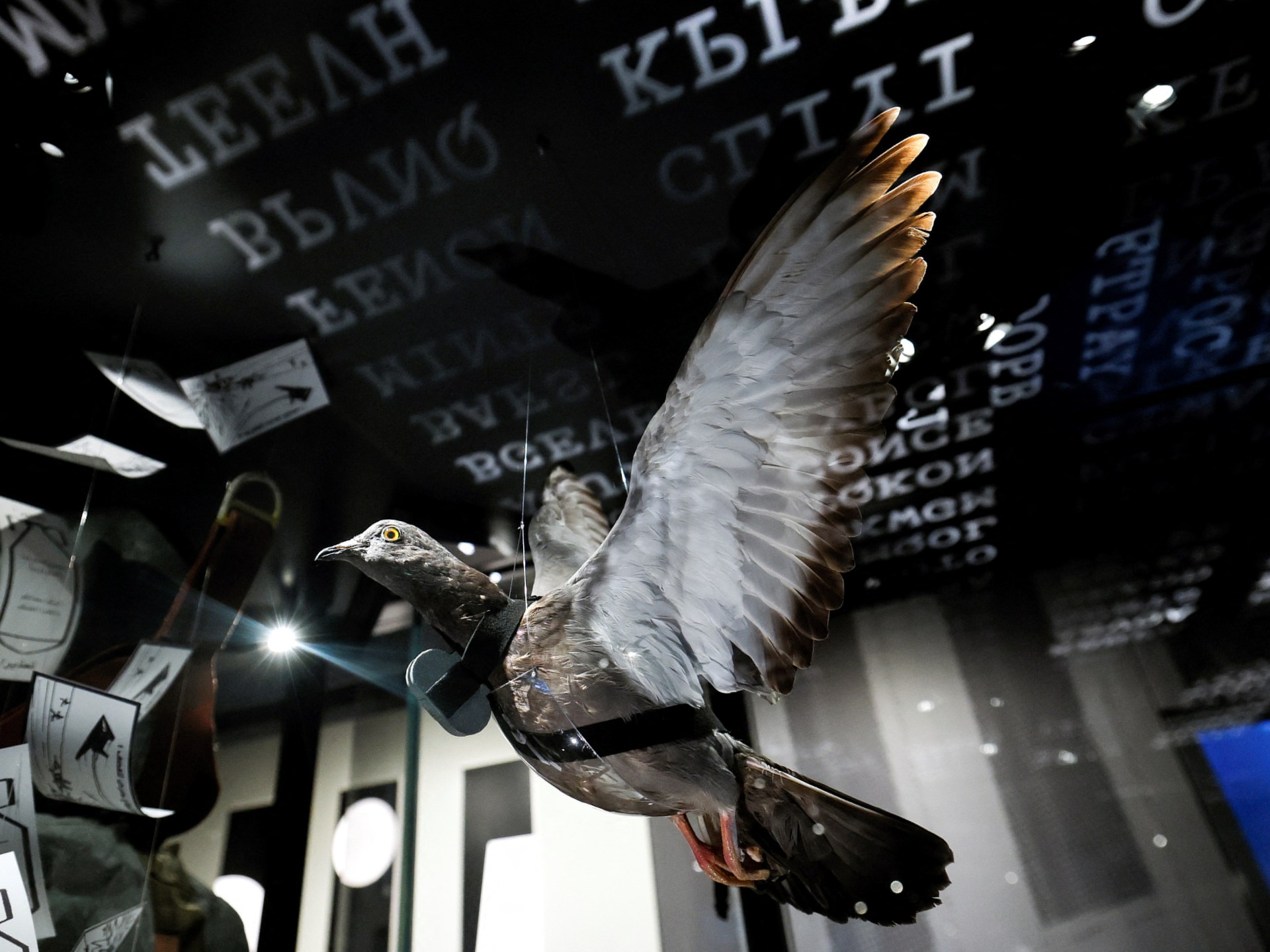According to a report published by the French newspaper Le Figaro, armies have used animals in their wars for decades, and only sought in recent decades - with scientific development - to replace them with electronic robots.
The newspaper said that dogs were among the most common animals involved in ancient and modern battles, and recalled the story of the American dog "Stabi", who held the rank of "sergeant" and how Benishan was named "heroes of World War I" on June 6, 1921 in Washington.
Stabi's tattoo was a reward for his active contribution in 1917 to rescuing dozens of soldiers from a surprise German mustard gas attack in an area near the northern French city of Eisen, where he woke them up with his constant barking.
For its role in the battles of the French armies, Paris took the initiative to create a monument to honor "animals that participated in wars", especially dogs and horses.
Sea & Air
Not only did wild animals be exploited in wars, as Le Figaro also spoke of armies exploiting marine animals to spy on their opponents, or directly target them.
Since 1960, the CIA has been studying the possibility of exploiting dolphins for counter-espionage projects, targeting enemy ships, or recovering packages in hostile territorial waters. It retained this program until the development of small submarines.
After centuries of exploiting birds for intelligence missions, they were compensated by satellites and drones. Cats have also not been spared the attempt at "military recruitment", as Le Figaro reported that The Atlantic newspaper had previously reported that the CIA may have resorted to implanting small microphones in cat legs to spy on the Soviet embassy, at the height of the Cold War.
In 1942, the U.S. security services launched a project to study the use of bats as "missile carriers" to bomb the Japanese adversary, and the idea was to provide a cool atmosphere suitable for training bats and ensure that they slept peacefully, then planted in them "bombs" accurate proportionate, and then directed towards the Japanese.
But the project ended after about two million dollars were spent on it, and multiple fires broke out during the trials.
Rats too
Dead or vicious rats were also used in the espionage operation, according to Le Figaro, as they were used as "guidance signals" for field spies to exchange information without the need for a face-to-face meeting, or "dead spots."
But the problem encountered by the proponents of this use was that the cats were eating rats, which made the security services provide them with chili peppers or wormwood oil to expel cats and others.
According to the French newspaper, the Chinese authorities resorted in 2014 to the use of monkeys to expel birds from airports, after they failed to eliminate them and avoid their danger, especially during the take-off or landing of planes.

